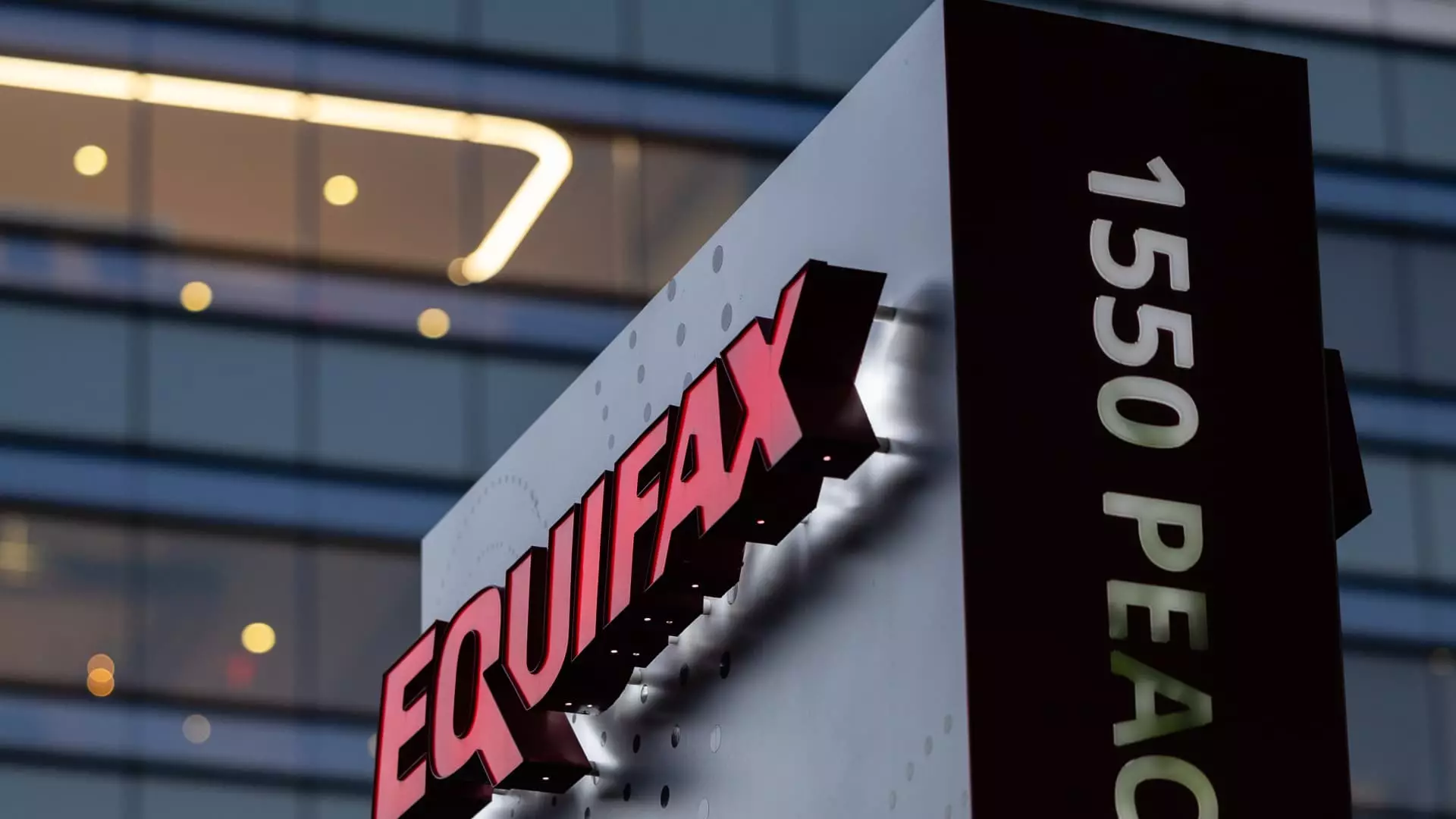Recently, the Consumer Financial Protection Bureau (CFPB) imposed a formidable $15 million fine on Equifax, one of the three principal credit reporting agencies in the United States alongside Experian and TransUnion. This substantial penalty stems from allegations that the company failed to properly investigate disputed information pertaining to consumer credit reports. According to the CFPB, Equifax neglected essential consumer documents and evidence filed during disputes, reinstated inaccuracies previously deleted from credit records, and sent out letters filled with confusing and contradictory information regarding the outcomes of investigations. The situation was exacerbated by technological flaws within the company’s systems, which ultimately led to misleading consumer credit scores.
Equifax’s failure to uphold high standards in their dispute resolution process is alarming, especially considering that credit reports serve as critical records of individual borrowing histories. An inaccuracy in these reports can have life-altering repercussions, potentially affecting loan approvals, employment opportunities, and even housing rentals. Adam Rust, the director of financial services at the Consumer Federation of America, emphasized the severe impact of inaccurate credit reporting. Many consumers navigate their lives based on the trust that these reports accurately reflect their financial histories; when that trust is broken, the consequences can be dire.
The failures at Equifax are not isolated incidents but part of a systemic issue that plagues credit bureaus. Since at least October 2017, the CFPB indicates that persistent technology problems and flawed dispute policies have been detrimental to millions of consumers. Such negligence is in violation of the Fair Credit Reporting Act, which mandates fair and accurate reporting by credit bureaus. The broader implications of these problems underscore the growing distrust consumers have toward these institutions.
It is noteworthy to mention that the CFPB’s case against Equifax follows a similar lawsuit against Experian, which accused the latter of conducting “sham” investigations into credit report discrepancies. These ongoing patterns of behavior among credit bureaus suggest a long-standing culture of complacency regarding the importance of accurate credit reporting.
In response to the negative scrutiny, Equifax decided to settle the allegations as a means to “turn the page” on the CFPB’s extensive investigation. A company representative revealed that Equifax has made significant investments—over $1.5 billion—in upgrading its technology and enhancing its infrastructure. This includes a revamped dispute resolution process aimed at better serving consumers and correcting past mistakes.
While Equifax asserts that addressing even a single error is crucial, consumers may remain skeptical. The company’s earlier breach in 2017 that compromised the personal information of approximately 147 million individuals still looms large in the public consciousness. This tarnished reputation makes it difficult for the company to assert confidence in its commitments to consumers.
Given this turbulent landscape, it becomes increasingly important for consumers to take proactive measures regarding their credit reports. According to experts, individuals should review their credit reports at least once a year, following recommendations from the Federal Trade Commission (FTC). The process involves verifying personal information such as Social Security numbers and outstanding debts. Should any discrepancies arise, the best course of action is to dispute errors in writing, ideally by postal mail for a more reliable resolution.
Moreover, consumers are encouraged to file complaints with both the CFPB and their state attorneys general to escalate unresolved issues. In cases where repeated attempts to correct inaccuracies fail, consulting an attorney experienced in consumer rights may be invaluable. Though not every error warrants legal action, significant financial repercussions stemming from credit report inaccuracies might justify such an approach.
The recent developments with Equifax highlight the urgent need for accountability in the credit reporting industry. It is critical that reforms are instituted at both organizational and regulatory levels to prevent such violations from reoccurring. As financial transactions increasingly dictate personal freedoms and opportunities, consumers must have faith that their credit reports are managed with the highest level of integrity.
Engaging with legislative measures that influence the regulation of credit bureaus can promote greater transparency and ensure consumer protection. Ultimately, the effectiveness of credit reporting agencies hinges on their ability to uphold standards that safeguard the financial futures of individuals, reaffirming that accurate reporting is not just a regulatory obligation, but a fundamental consumer right.

